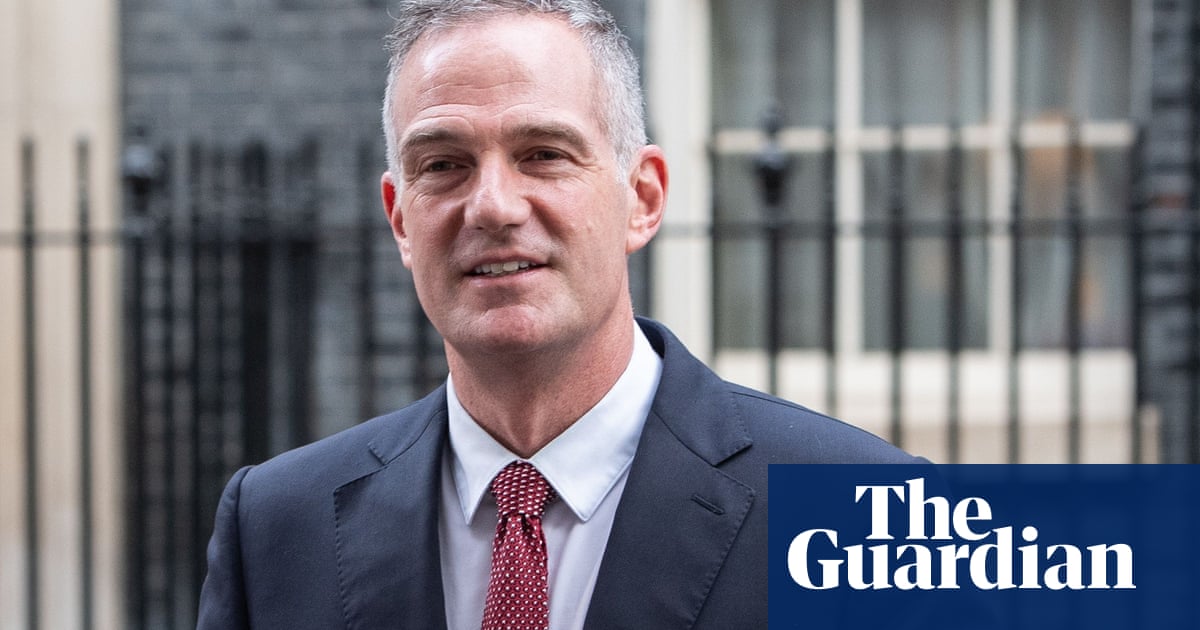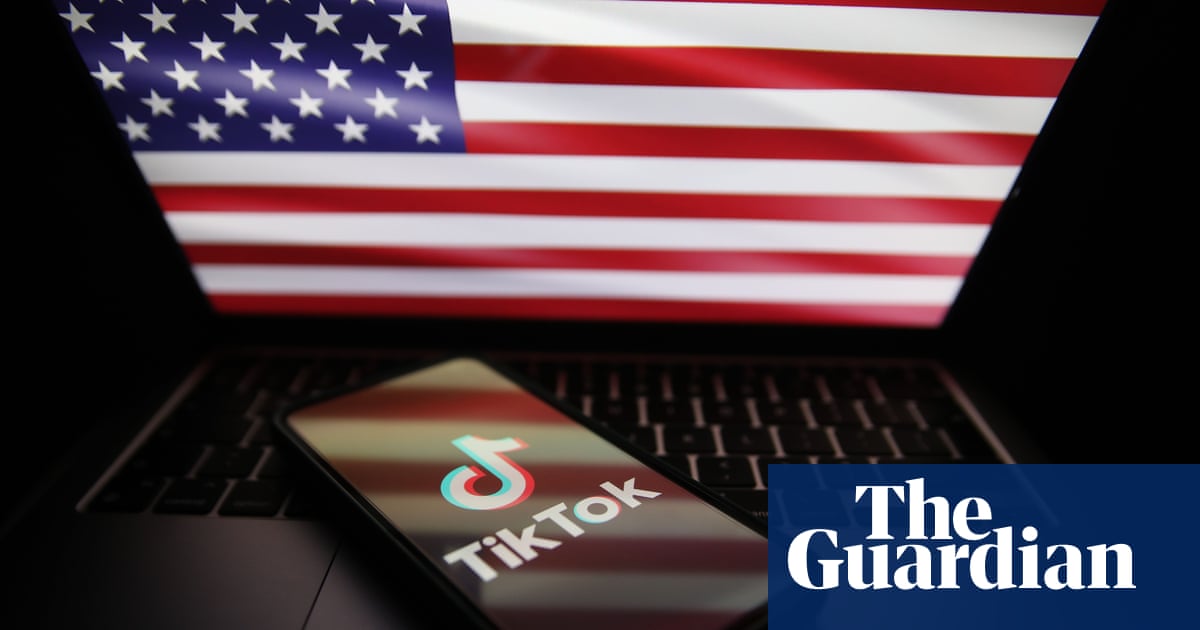It’s certainly not 2008, nor even Truss 2022, but the men and women who move the financial markets are suddenly darkly pessimistic. Some of the private emails and WhatsApp messages circulating last week matched any efforts by Cassandra. The mood has turned against Britain.
It is not one single thing, but a toxic mix. There is the prospect of a long period of stagflation, the consequence, as even the markets recognise, of 14 years of epic misgovernment. The problem now is partly that Labour does not have a plausible growth story, partly that the chancellor, Rachel Reeves, is painted as having an economic tin ear that douses capitalist animal spirits, and partly because Trump’s arrival has exposed just how dependent an indebted, economically wounded Britain is on the kindness of strangers. It’s not yet a crisis – the stock market has held up – but without some skilful economic and political statecraft, and a measure of luck, it may become one.
The tinder was lying all around, but it has taken Trump’s increasingly outlandish utterances to ignite a global sell-off of government bonds – with stricken Britain, needing to sell at least £250bn of government debt this year, to whom nobody knows, in the frontline. Sure, US treasuries have not had a good week, but British debt has performed worse by some multiple. The yield on 30-year UK long-term debt is the highest this century, and other debt categories have fared only fractionally better.
Trump’s new world is one in which American might is right, imperial territorial acquisition is legitimate and the international rule of law is woke. Hence the threat to sequester Greenland and invade Panama to secure its vital canal, openly to cast Canada as a US satrapy and to indulge Israel’s de facto assimilation of the West Bank. Trump calculates that Russia, certainly, and even China, will indulge all this if Ukraine is compelled to sue for peace on Russian terms; all have parallel territorial ambitions. It is dangerous and potentially self-defeating: legitimising China’s ambitions towards Taiwan is not clever. But beyond that and no less dumb, economically, there is the near certain prospect of higher inflation, ignited by the unilateral imposition of trade tariffs and potential trade war.
An economically strong Britain, outside the great blocs of the US, the EU and China/Russia, might have had a chance of straddling the differences. In reality, as last week dramatised, it is one of the weakest links. No EU member’s euro-denominated government debt faced the same aggressive sell-off as Britain’s; nowhere were yields driven so high. Brexiters have damned our country.
The conjuncture demands economic and political statecraft of the highest order in response – and a willingness to face down the extreme right. Elon Musk’s defamatory tweets in the name of free speech and undisguised ambitions to unseat the British prime minister carry special menace because Trump has chosen not to dissociate himself from them. Knowing that Musk is seen as his co-president magnifies the force of what he tweets. In response, we have to be clear-headed. The US under Trump is neither our reliable ally nor our friend. It is a superpower gone rogue, actively hostile to the British government as it tries to carve up the globe anew.
There is a silver lining in these darkening clouds. Trump understands and respects raw power. He compels Britain to stand up for itself, to find ways to unleash potential economic dynamism and to align with those countries with whom we share common interests. The immediate aim must be to calm the financial markets.
The Bank of England needs to signal a readiness to renew quantitative easing to buy British debt. The review of public spending plans needs to be faster, rather than waiting until June, and must protect growth-enhancing investment as a priority – even signalling that some of the tax correctly raised last October could be diverted to support that aim. Rather than implausibly foreclosing her options on raising tax further, or holding only one fiscal “event” a year that further rattles financial market confidence, the chancellor needs to declare that she will do whatever necessary, whenever necessary, to keep Britain’s public finances on track. She still commands sufficient respect to restore dents to her credibility.
Then there is growth. The government needs to talk up Britain’s entrepreneurialism, which has many more tech startups and scale-ups than either France or Germany. We boast, for example, more “unicorns” – companies without a stock market listing worth more than $1bn – than both put together. If Britain had taken more care of its tech base over the past 15 years, ensuring it had the finance, the vital public and private orders to sustain it and the ownership structures to protect it, we would now be Europe’s tech superpower, with our own homegrown tech “bros” and sisters.
after newsletter promotion
Instead, we have allowed more than 2,000 high-growth companies to be sold abroad, mainly to the US, boosting its growth rather than our own. The government must declare it will rectify mistakes and stem this avalanche, backing its words with action. It should reform the entire ecosystem supporting growth companies, and take a hard look at any key tech acquisition to ensure it is not contrary to Britain’s economic and security interests. Nor can it allow any more growth-enhancing initiatives – relaxing overtight requirements on the core capital insurance companies are required to hold; launching a second public pension protection fund to help revive investment; driving through deep changes to planning law – to be compromised.
And lastly, it must unambiguously launch talks on a big, expansive trade deal with the EU coupled with a deal on European defence, an aim supported by a concrete commitment to lift UK defence spending. The EU is our largest trading partner and market for our strong tech and service sectors; and there is a joint interest in stepping up the defence of our continent. The British right will fulminate, Musk’s stream of malevolent tweets will probably continue, but financial market confidence and economic confidence will return. The UK can take a joint lead in trying to navigate the world through the hazards ahead. If not, then what? It is decision time.

 1 week ago
18
1 week ago
18













































